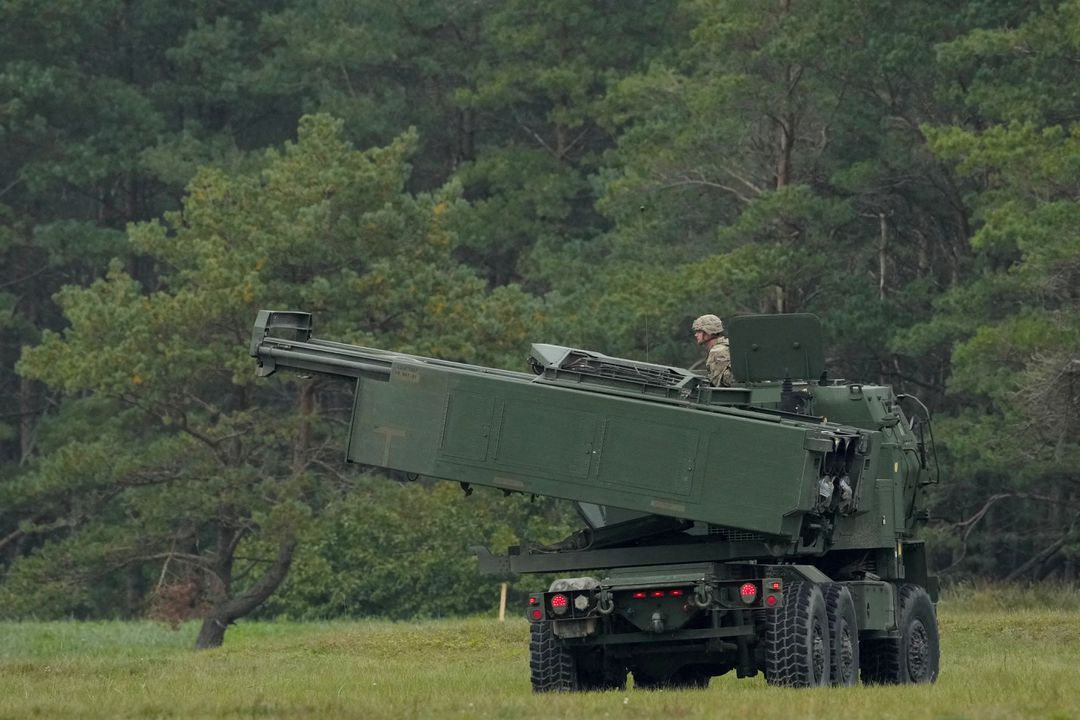

Amid Russia’s invasion of Ukraine, the United States is exploring the possibility of sending long-range rockets to meet the increasing demand for American-made weapons and ammunition.
Reuters reported on Monday morning, November 28, that the Pentagon is evaluating a proposal to equip Ukraine with low-cost, small precision bombs attached to readily available rockets, enabling Kyiv to strike deep within Russian territory as the West struggles to keep up with the rising need for more weapons.
The report indicates that US and allied military supplies are depleting, while Ukraine is confronted with a growing requirement for more advanced weaponry as the conflict prolongs.
Sources disclosed that Boeing’s proposed system, known as Ground-Launched Small Diameter Bomb (GLSDB), is among approximately six schemes to initiate the production of new munitions for Ukraine and the US’s Eastern European allies, as per industry sources.
As per a document reviewed by the news agency and three individuals familiar with the plan, GLSDB could be delivered as early as spring 2023. This system combines the GBU-39 Small Diameter Bomb (SDB) with the M26 rocket motor, both of which are widely available in US inventories.
Furthermore, Doug Bush, the US Army’s chief weapons buyer, signaled that the military is contemplating accelerating the production of 155mm artillery shells by permitting defense contractors to engage in manufacturing, a process currently exclusive to government facilities.
Bush also highlighted the surge in demand for American-made weapons and ammunition resulting from the Ukraine conflict, with Eastern European allies placing numerous orders for various arms to support Ukraine.
While a few GLSDB units have been produced, there are significant logistical challenges impeding formal procurement, as per the report. The implementation of the Boeing plan necessitates a price discovery waiver, exempting the contractor from an extensive review process that ensures the Pentagon secures the best possible deal. Moreover, any arrangement would require at least six suppliers to expedite the delivery of their components and services for rapidly producing the weapon, the report indicated.
